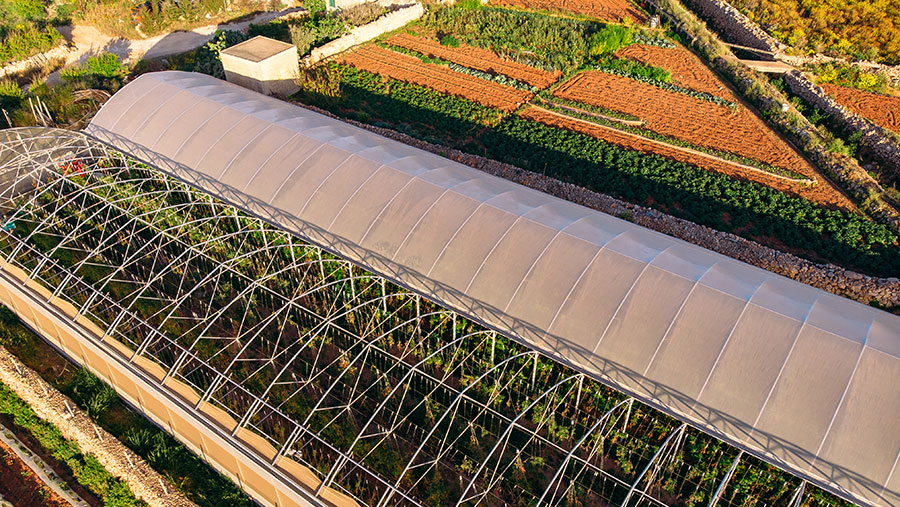Defra provides extra funding for UK horticulture growth
 © Parilov/Adobe Stock
© Parilov/Adobe Stock Defra has set out plans to boost home-grown fruit and vegetable production and improve the uptake of technology in the horticulture sector.
To kickstart the plans, Defra secretary Ranil Jayawardena has announced £12.5m of extra funding for the Farming Innovation Programme (FIP).
This will be available to support research and development projects that lead to greater automation and use of robotics through the horticultural sector.
See also: British lamb exported to US for first time in more than 20 years
The fund opens in January and will match-fund projects that drive economic growth, food security and deliver on environmental commitments, according to Defra.
Previous projects that have been supported by the programme included fruit-scouting robots, automated vegetable harvesters and new types of fertiliser.
A Defra spokeswoman said the department also wanted to support glasshouse growing, which has multiple economic, food security and sustainability benefits.
But the controlled-environment horticulture sector currently represents only 10% of English horticultural businesses.
It means the UK only grows one-quarter of the cucumbers and 17% of the tomatoes supplied domestically, she said.
Yet businesses operating with this model benefited from extended growing seasons, efficient water use and higher yields a square metre.
Industry expert
To help boost market share, Mr Jayawardena announced he would appoint an industry expert to tackle any barriers and identify opportunities for development.
The expert, to be appointed later this year, will provide a set of recommendations and both short- and long-term policy interventions to be implemented.
In a bid to capture a wider range of views, Mr Jayawardena has also written to a number of major controlled-environment horticulture growers, asking how the government can best support growth and ensure policies reflect industry needs.
Plans to incentivise the sector to make use of surplus heat and carbon dioxide from industrial processes and renewable sources of energy are also being considered.
Mr Jayawardena said the changes recognised that although the UK had a high degree of food security, it could be boosted further.
“Technology offers huge opportunities to make farming greener and more productive, so we should harness it to help grow the economy, create jobs and improve food security,” he said.
Mr Jayawardena’s announcement followed a fact-finding visit to the Netherlands, where he looked at high-tech greenhouse and vertical growing techniques.
